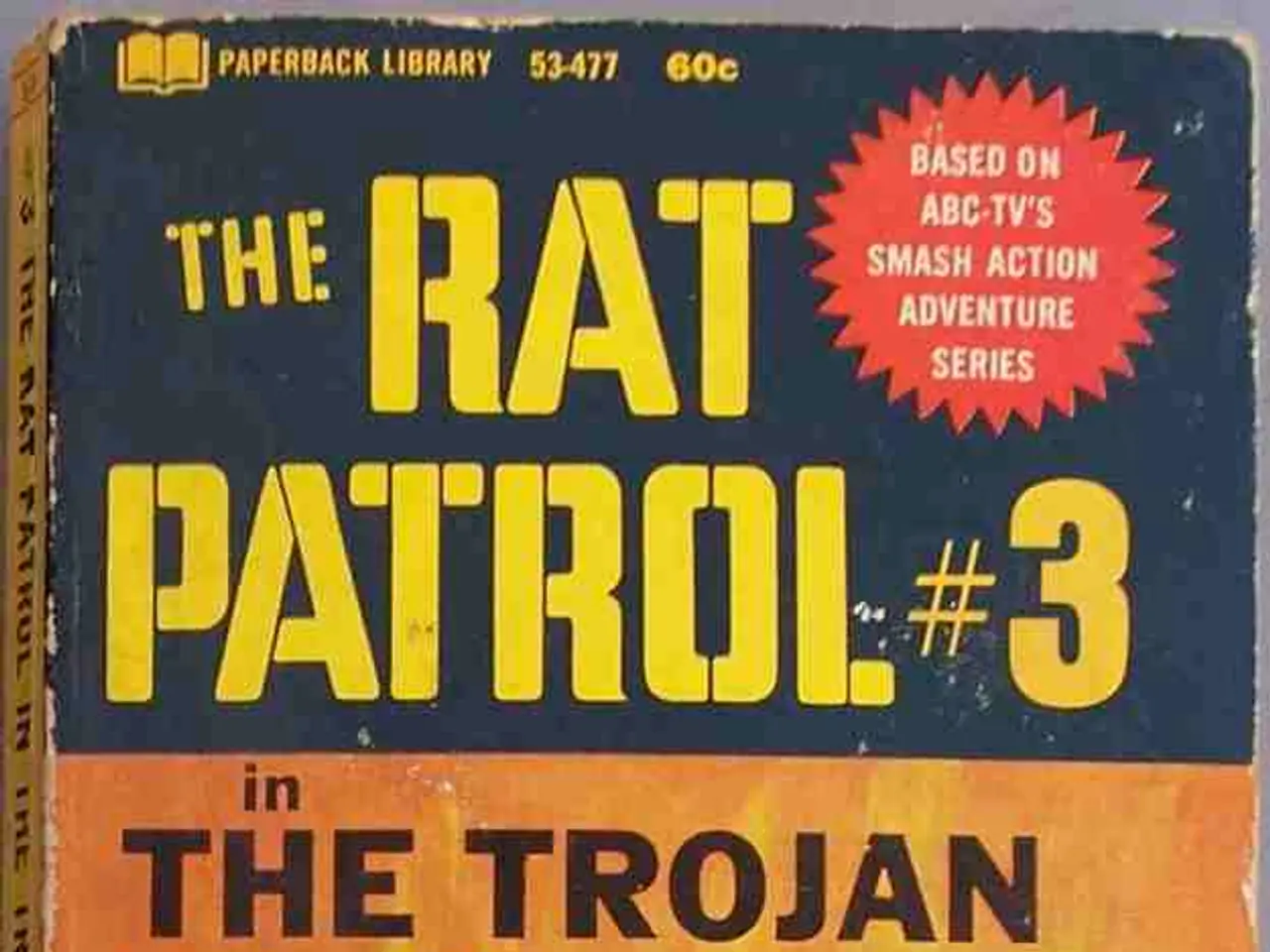Investigation into SAS Actions During the Troubles: Call for an End to the Ongoing Inquiries featuring Colonel Nick Kitson
The Legacy Act, a contentious piece of legislation, has once again brought the spotlight on the British Army veterans who served in Northern Ireland. The past week has seen a flurry of developments, raising questions about the treatment of these veterans and the role of the Irish government as an honest broker in these matters.
The Good Friday Agreement of 1998, which marked the end of the conflict in Northern Ireland, included the release of convicted murderers and terrorists, decommissioning of weapons, and letters of immunity. However, decades later, veterans are facing the possibility of murder charges due to a ruling by a coroner in Northern Ireland. Some veterans, including SAS soldiers who fought the IRA, could find themselves in court, a situation that has sparked concerns and debates.
The Daily Mail recently set up its Stop The SAS Betrayal campaign, aiming to expose what it perceives as mistreatment of veterans by courts. Yet, the details of this campaign and its relation to the current situation remain unclear.
Meanwhile, the British Army, which played a crucial role in international relationships during the post-9/11 era, is being considered for a peacekeeping force in Ukraine. This potential deployment comes as the Army was paraded in front of US President Donald Trump this week, a testament to the central role the Prime Minister considers the British Army to play in the US-UK special relationship.
The UK government has not communicated with ex-soldiers since a July veterans debate about the Legacy Act. This lack of communication has added to the concerns of veterans who feel they are not being adequately supported. Millions of pounds spent on enquiries and litigation involving veterans often end up in lawyers' pockets, funds that could be better spent on more productive things for the nation.
The Irish government, while considered a sincere mediator on the Legacy Act issues by the British government, has faced criticism. Some argue that the Irish government's national interest may not align with the UK's, given the complexity of the Northern Ireland conflict and the resistance from Northern Irish parties.
Despite these challenges, the British government and the Irish government continue to cooperate to deal with the legacy of the conflict. In a Friday afternoon press conference, renewed proposals were launched with a foreign government, marking a step forward in addressing the issues at hand.
In a positive development, veterans are being granted anonymity and are being cross-examined by video link instead of in a court in Northern Ireland, a move aimed at protecting them from potential backlash. The Armed Forces, who deserve genuine loyalty in return for their selfless service, are hopeful that these measures will lead to a fairer and more understanding approach to the Legacy Act.
Read also:
- United States tariffs pose a threat to India, necessitating the recruitment of adept negotiators or strategists, similar to those who had influenced Trump's decisions.
- Weekly happenings in the German Federal Parliament (Bundestag)
- Southwest region's most popular posts, accompanied by an inquiry:
- Discussion between Putin and Trump in Alaska could potentially overshadow Ukraine's concerns






